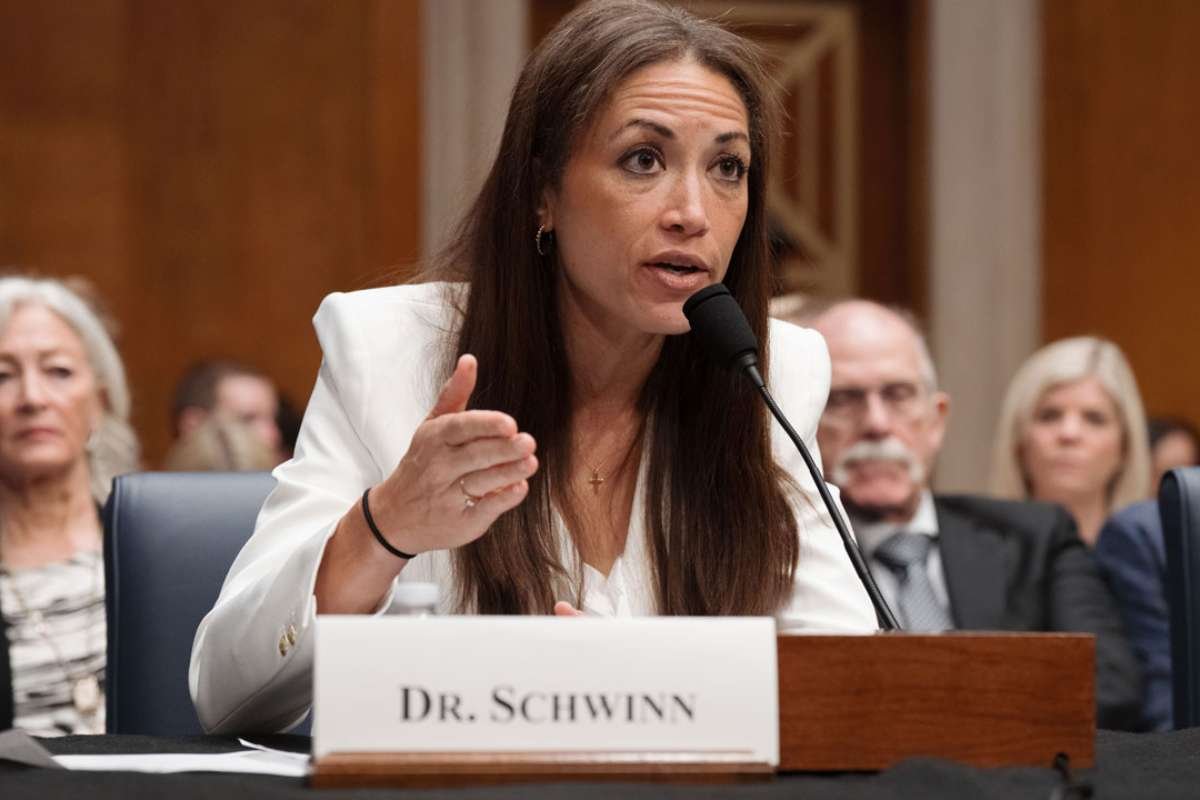Penny Schwinn, the former Tennessee Commissioner of Education, has withdrawn her nomination to serve as Deputy Secretary of Education under former President Donald Trump’s new administration. Announced on July 30, Schwinn’s exit comes just months after she was selected for the second-highest post in the Department of Education—a role expected to influence national education policy on curriculum reform, school choice, and parental rights.
In a brief statement, edu cited “personal reasons” for stepping away from the process. However, reporting from Chalkbeat and other education news outlets suggests mounting political headwinds, particularly from right-wing groups, contributed to her decision. Schwinn had yet to face a Senate confirmation hearing, and insiders noted that her chances of securing approval were waning.
Conservative Groups Voice Opposition
While Penny Schwinn’s tenure in Tennessee was marked by initiatives to improve literacy and expand early childhood education, her record drew criticism from conservative education activists. Opponents pointed to her past collaborations with bipartisan and Democratic-led education efforts and expressed concern about her positions on issues like social-emotional learning and critical race theory.
According to Education Week, conservative advocacy groups, including those aligned with Moms for Liberty and the Heritage Foundation, quietly lobbied against her nomination. Their key grievances focused on what they perceived as Schwinn’s insufficient commitment to parental rights, curriculum transparency, and other top priorities in the Trump-era education agenda.
The backlash highlighted deeper ideological rifts within the Republican Party, especially between traditional conservatives and more hardline activists now influential in federal education policymaking.
Trump Administration Looks Ahead
Penny Schwinn’s withdrawal leaves the Trump administration scrambling to fill a vital leadership role in the Department of Education. The Deputy Secretary position plays a critical role in implementing federal policy, coordinating state partnerships, and executing administrative reform. With a national push underway to expand school choice and reduce federal oversight, the position’s significance is expected to grow.
As reported by The 74 Million, Schwinn’s exit may delay key components of the administration’s education strategy. It also signals that internal disagreements about the future of American education are far from resolved, even within the same political party.
In her public statement, Penny Schwinn reaffirmed her dedication to serving students and families, noting she plans to explore “other opportunities to continue supporting public education.” No new role has been announced.
The White House has not yet named a replacement nominee but is expected to do so in the coming weeks as the fall school year nears and education policy moves to the forefront of national debate.
Visit CIO Women Magazine For The Most Recent Information.









